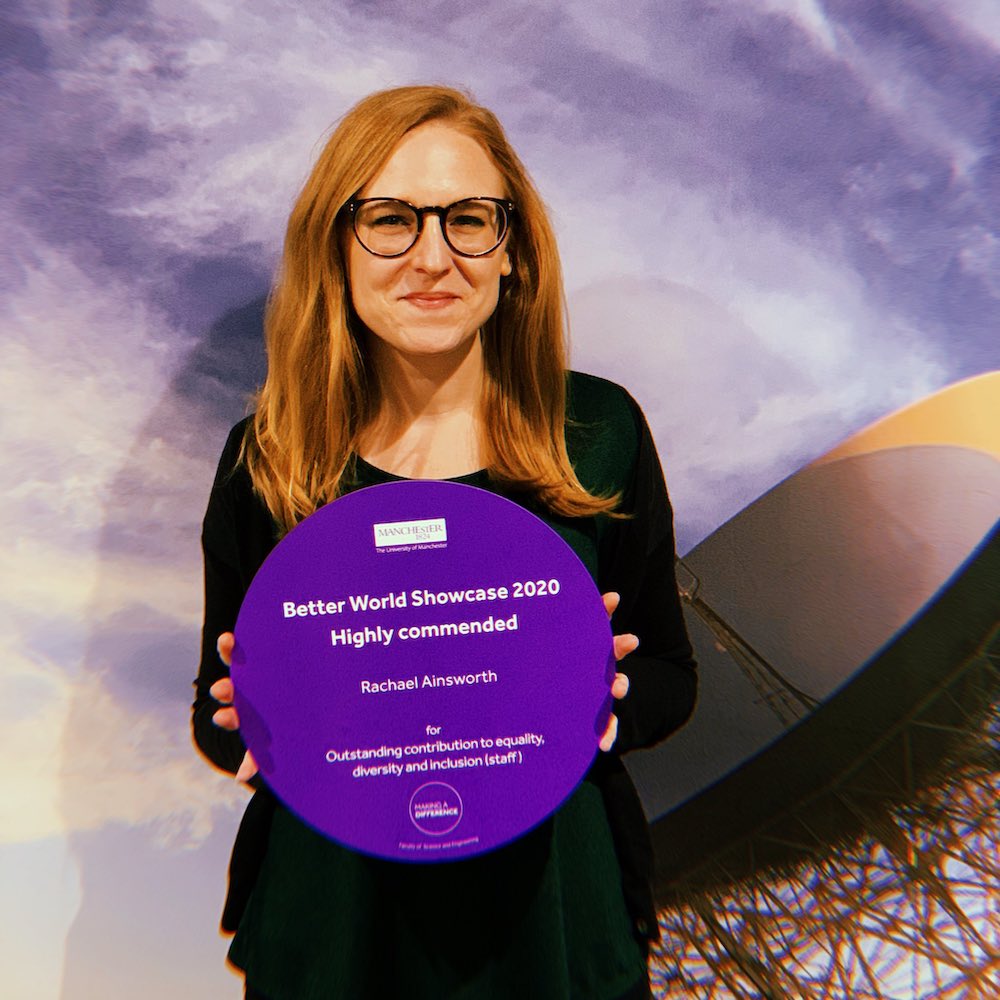 Name: Rachael Ainsworth
Name: Rachael Ainsworth
Bio: Rachael is the Research Software Community Manager for the Software Sustainability Institute, a member of the Square Kilometre Array Science Archive Working Group, and is based at the University of Manchester in the UK. She previously conducted astrophysical research on the radio properties of newly forming Sun-like stars using next-generation radio interferometers. She is passionate about openness, transparency, reproducibility, wellbeing, and inclusion in STEM, and delivered a TEDx talk on how openness can help fix a broken research culture.
Institute/Organization: Software Sustainability Institute, The University of Manchester
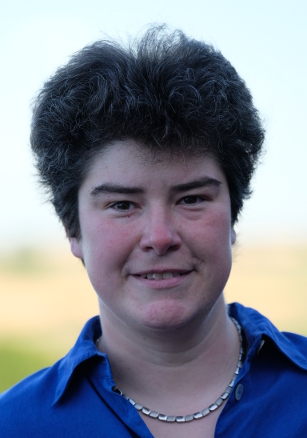 Name: Claudia Beleites
Name: Claudia Beleites
Bio: Claudia is analytical chemist with specializations in vibrational spectroscopy and statistical data analysis (chemometrics).
She's the founder of Chemometrix GmbH and teaches and researches chemometrics. She also volounteers with the Carpentries (www.carpentries.org)
Institute: Chemometrix GmbH
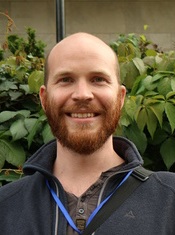
Bio: Axel is a Postdoc researcher in Gamma-ray astronomy working on the H.E.S.S.Galactic plane survey . He is the co-developer of gammapy, an open source python package for gamma-ray astronomy . He is an Astropy core contributor, where he mainly worked on `astropy.convolution` and `astropy.modeling`. His github profile: https://github.com/adonath
Institute/Organization: Max Planck Institute for Nuclear Physics, Heidelberg, Germany
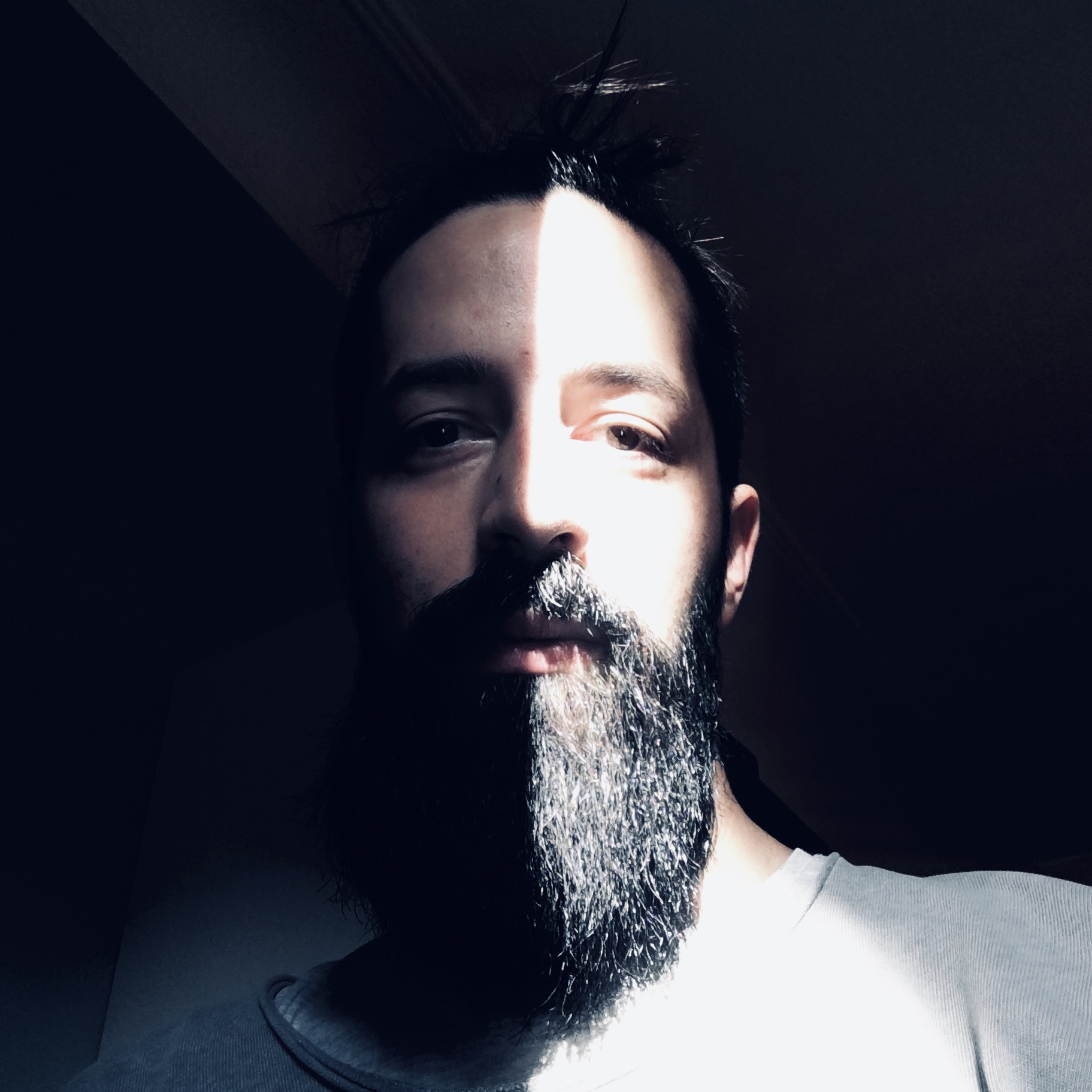 Name: Tamas Gal
Name: Tamas Gal
Bio: Tamas is an astroparticle physicist and sysadmin at the Erlangen Centre for Astroparticle Physics (ECAP). He is the main developer of several Python based frameworks and libraries used in the KM3NeT neutrino telescope experiment and also the author of the monitoring system of the KM3NeT detectors which is entirely written in Python and Julia. He works on real-time analysis and event reconstructions and takes care of the IT services and DevOps in KM3NeT. His favourite languages are Julia, Python and Haskell. You can find him on www.tamasgal.com and github.com/tamasgal
Institute/Organization: Erlangen Centre of Astroparticle Physics (ECAP)
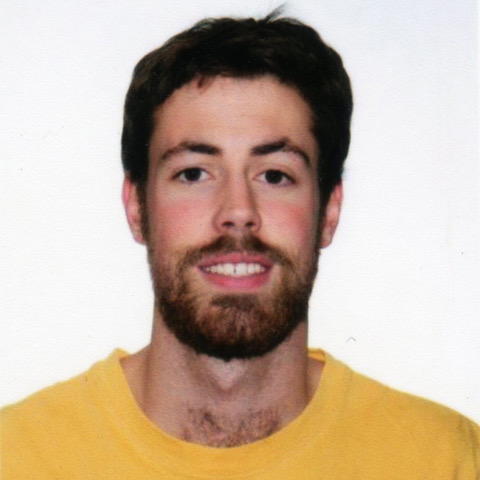 Name: Enrique Garcia
Name: Enrique Garcia
Bio: Enrique is a Data Scientist working at LAPP/CNRS for the European ESCAPE project and for the CTA and LST consortiums. He is currently implementing the Open-source Scientific Software and Service Repository (OSSR) for ESCAPE, and gives technical support in the development of the different data analysis chains that the LAPP group develops for the CTA collaboration.
Institute: LAPP, CNRS, University Savoie Mont Blanc.
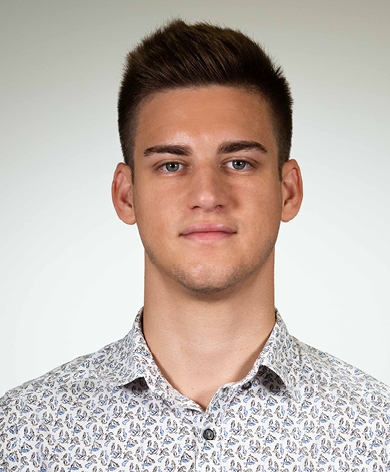 Name: Alberto Iess
Name: Alberto Iess
Alberto is a physicist, member of the Virgo Collaboration and is affiliated with INFN. He obtained his PhD at the University of Rome Tor Vergata with a thesis on a deep learning application to gravitational wave astronomy. His scientific work focuses on gravitational wave data analysis for astrophysical signal detection and noise characterization. He is also a working group member in COST Action 17137 and the Athena Collaboration. Institution: Università degli Studi di Roma Tor Vergata, Istituto Nazionale di Fisica Nucleare
Institute: INFN
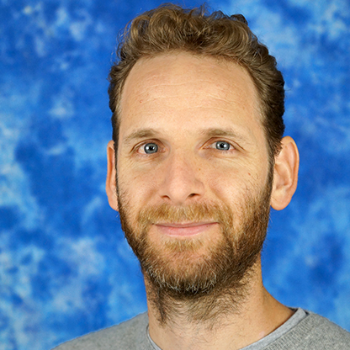 Name: Mikaël Jacquemont
Name: Mikaël Jacquemont
Bio: Mikaël is a data scientist working at CNRS-LAPP.
After a first career in the pharmaceutical industry, he obtained a PhD in computer science developing deep neural networks to solve astrophysics tasks. He currently supports companies in their transition towards artificial intelligence through the IDEFICS project. He also works on improving explainability of neural networks in the context of gamma astronomy.
Institute: LAPP, CNRS, University Savoie Mont Blanc.
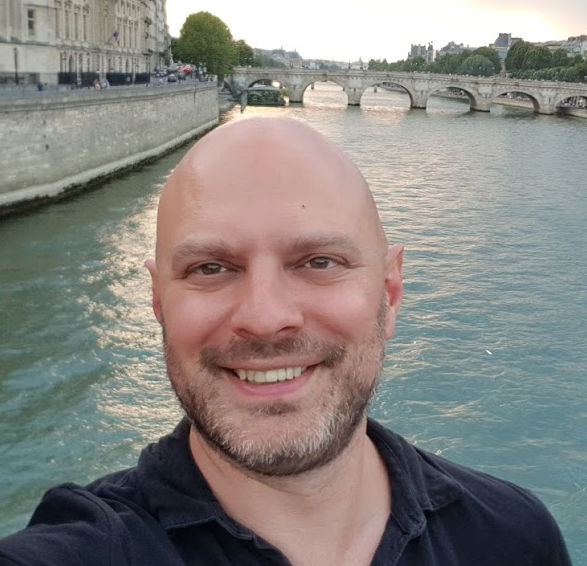 Name: Karl Kosack
Name: Karl Kosack
Bio: Karl is a astrophysicist at CEA Saclay who works in the field of VHE (very high energy) gamma ray astronomy using ground-based Imaging Atmospheric Cherenkov Telescopes. He is involved in the HESS and CTA projects, is the coordinator of Data Processing and Preservation for CTA, and is leading the development of the prototype CTA low-level reconstruction pipeline software ctapipe and protopipe. Karl will use his wide expertise in making mistakes in software development to lecture on best practices for debugging and profiling scientific code!
Institute: CEA Saclay
![]() Name: Benson Muite
Name: Benson Muite
Bio: Benson Muite is a software developer based in Nairobi, Kenya. He has a background in applied mathematics and high performance computing.
Institute: Kichakato Kizito
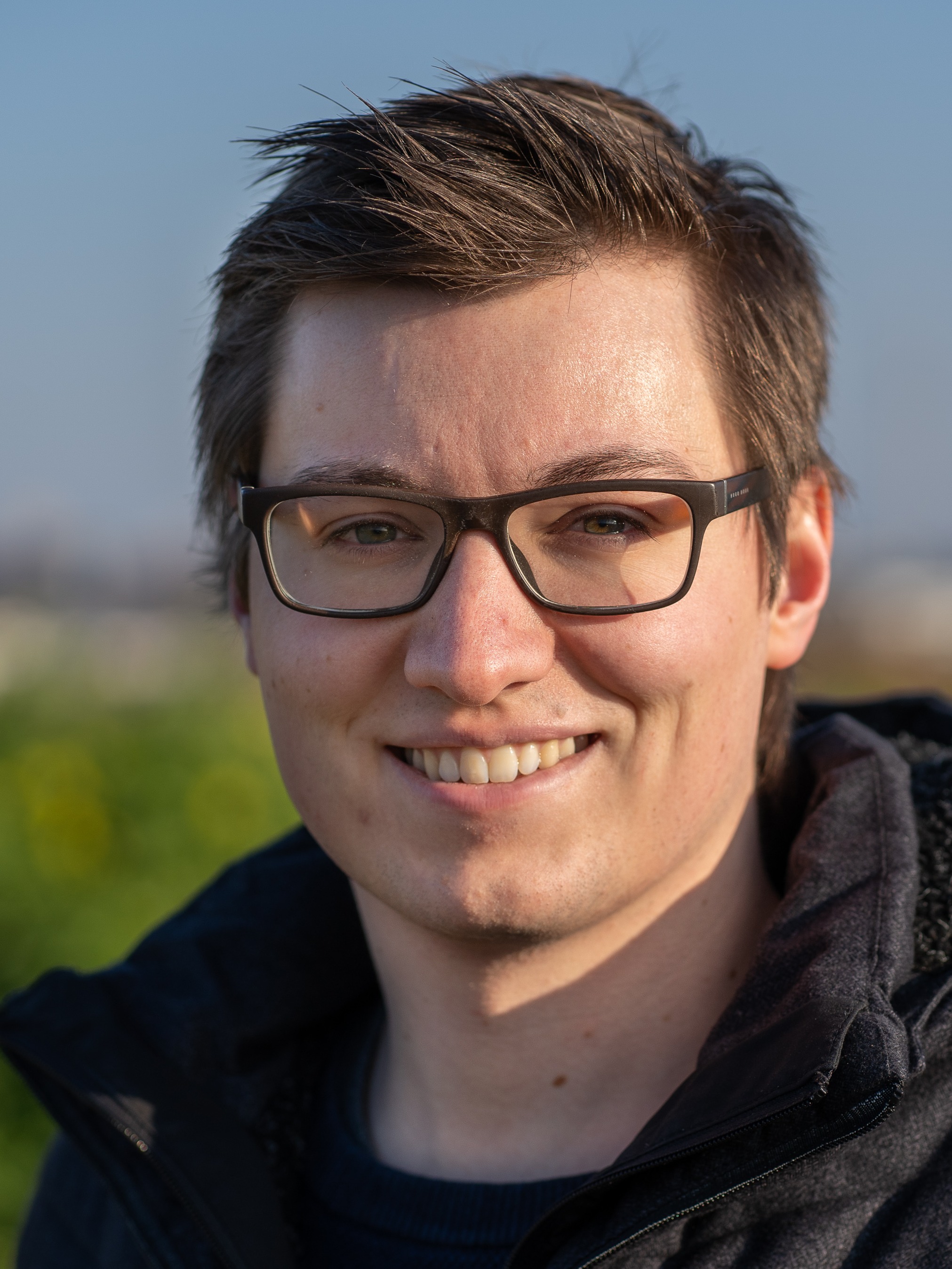 Name: Maximilian Nöthe
Name: Maximilian Nöthe
Bio: Max is a Post-Doc in gamma-ray astronomy and physicist/developer/data scientist from Germany with a passion for open science and software development. He mainly works on improving the data analysis process of the Cherenkov Telescope Array and is one of the core developers of ctapipe, the prototype event reconstruction pipeline for CTA. Max is lecturing the "Statistical Methods of Data Analysis" lecture and the "Toolbox-Workshop" in Dortmund, a workshop teaching undergrads the basics of programming, data analysis and good scientific practices using Python, git, unix, make and LaTeX.
Institute: Tu Dortmund University
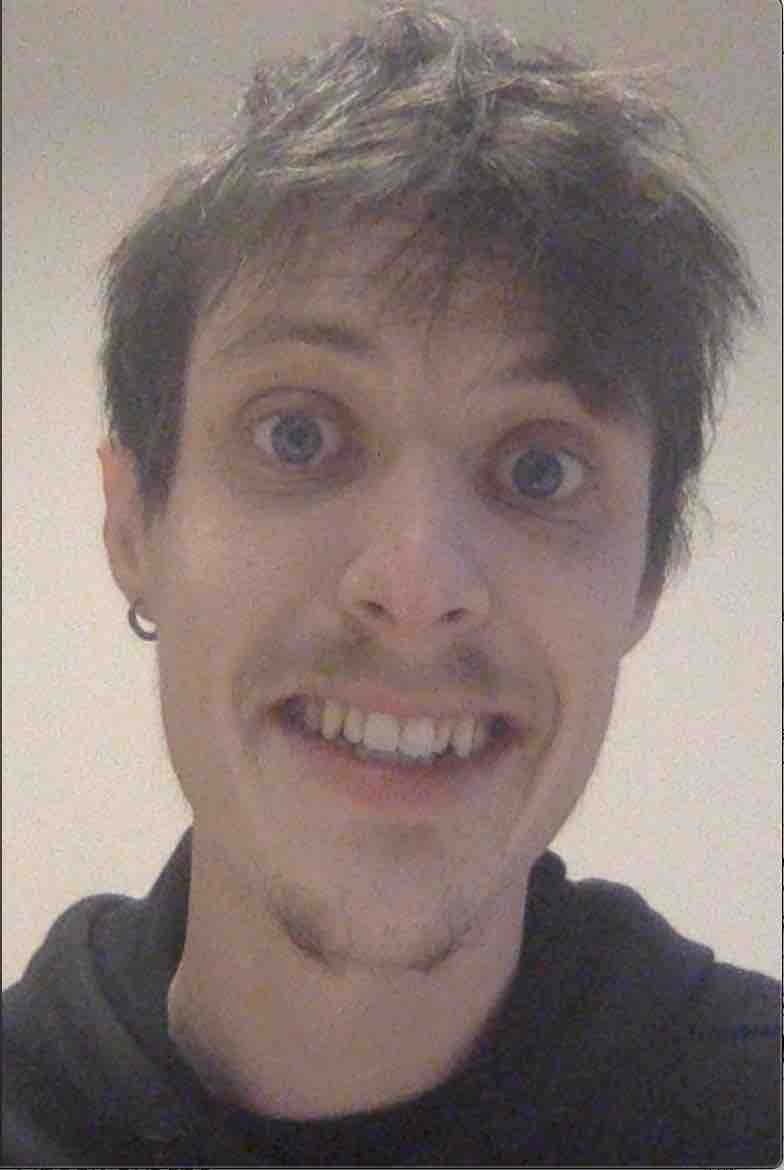 Name: Julien Peloton
Name: Julien Peloton
Bio: Julien Peloton is a research software engineer working at IJCLab. He obtained a PhD in cosmology, conducting the data analysis and scientific exploitation of the CMB B-modes experiment, POLARBEAR. After a postdoc at the University of Sussex, he now spends most of his time helping research communities to take advantage of the big data ecosystem tools, especially in the Vera Rubin Observatory. He is also co-leading the Fink project.
Institute: IJCLab, CNRS, Université Paris Saclay
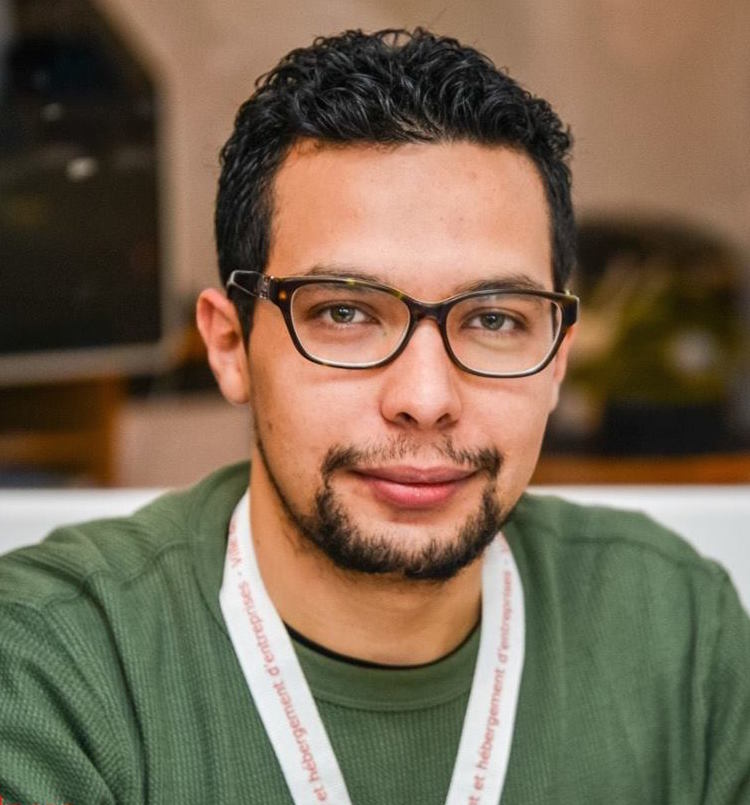 Name: Arturo Sánchez Pineda
Name: Arturo Sánchez Pineda
Bio: Arturo is a Venezuelan post-doctoral fellow at LAPP-CNRS, France. He studied Fundamental Physics and System Engineering in the Universidad de Los Andes, Venezuela, with a PhD in Fundamental and Applied Physics from Università di Napoli "Federico II", Italy. He was previously a post-doctoral fellow at Physics Department at Università di Udine and an Associate at INFN, Italy. Also, an ATLAS TDAQ System Administrator at CERN, Switzerland, and Research Associate at the High Energy, Cosmology and Astroparticle Section at ICTP, Italy.
Institute: LAPP, CNRS, Université Savoie Mont Blanc
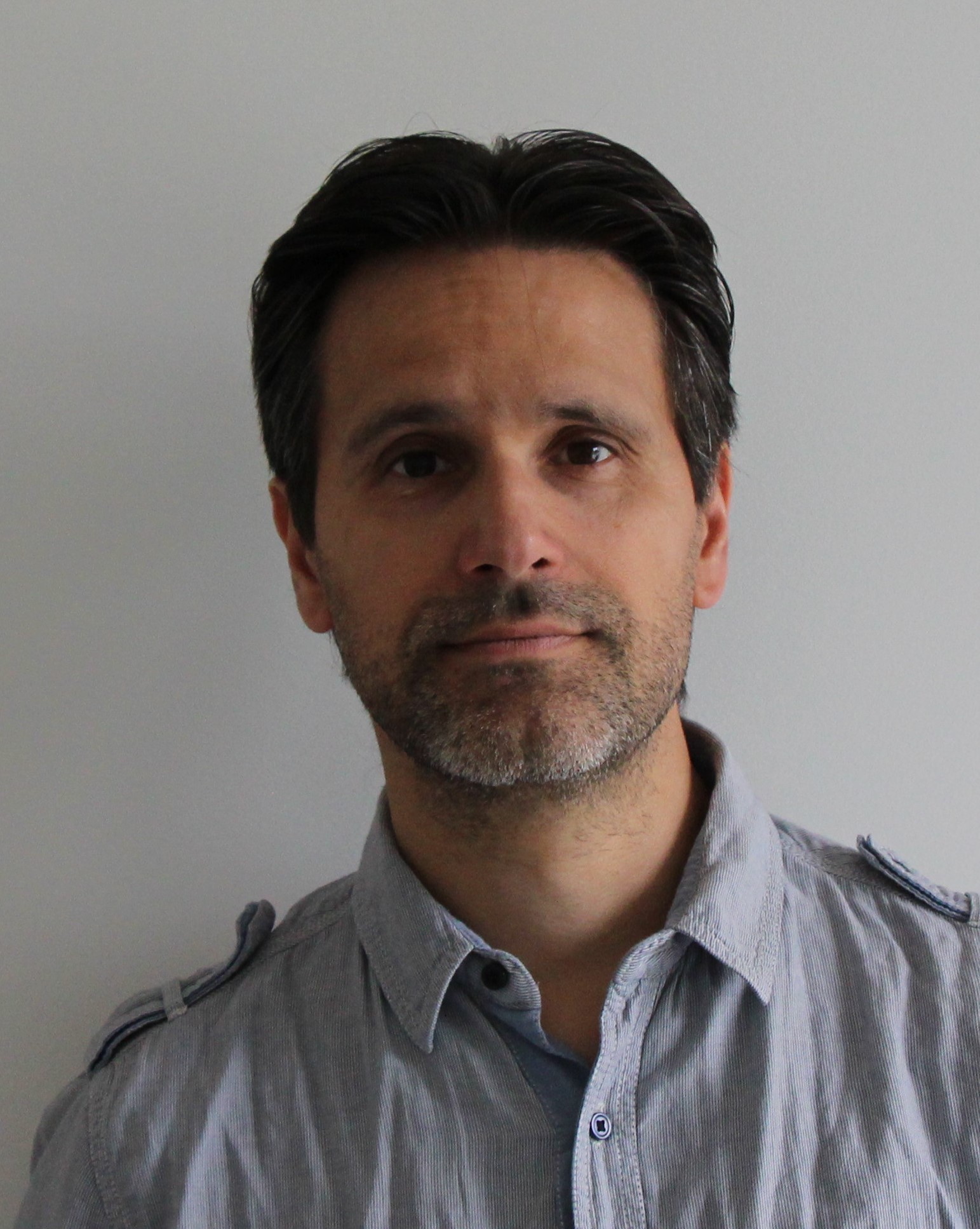 Name: Eduardo Rodrigues
Name: Eduardo Rodrigues
Bio: Eduardo is a senior research physicist with the University of Liverpool, based at CERN. He works on the LHCb experiment, being the Data Processing & Analysis project leader.Complementing his work on LHCb, and given his interests in data analysis in Python, he co-founded in late 2016 the Scikit-HEP project, a community-driven and community-oriented project with the aim of providing Particle Physics at large with a "Big Data Python ecosystem for data analysis". In 2018 he started the PyHEP, "Python in HEP", working group and series of workshops supported by the High Energy Physics Software Foundation.
Institute: University of Liverpool, Scikit-HEP project, HEP Software Foundation
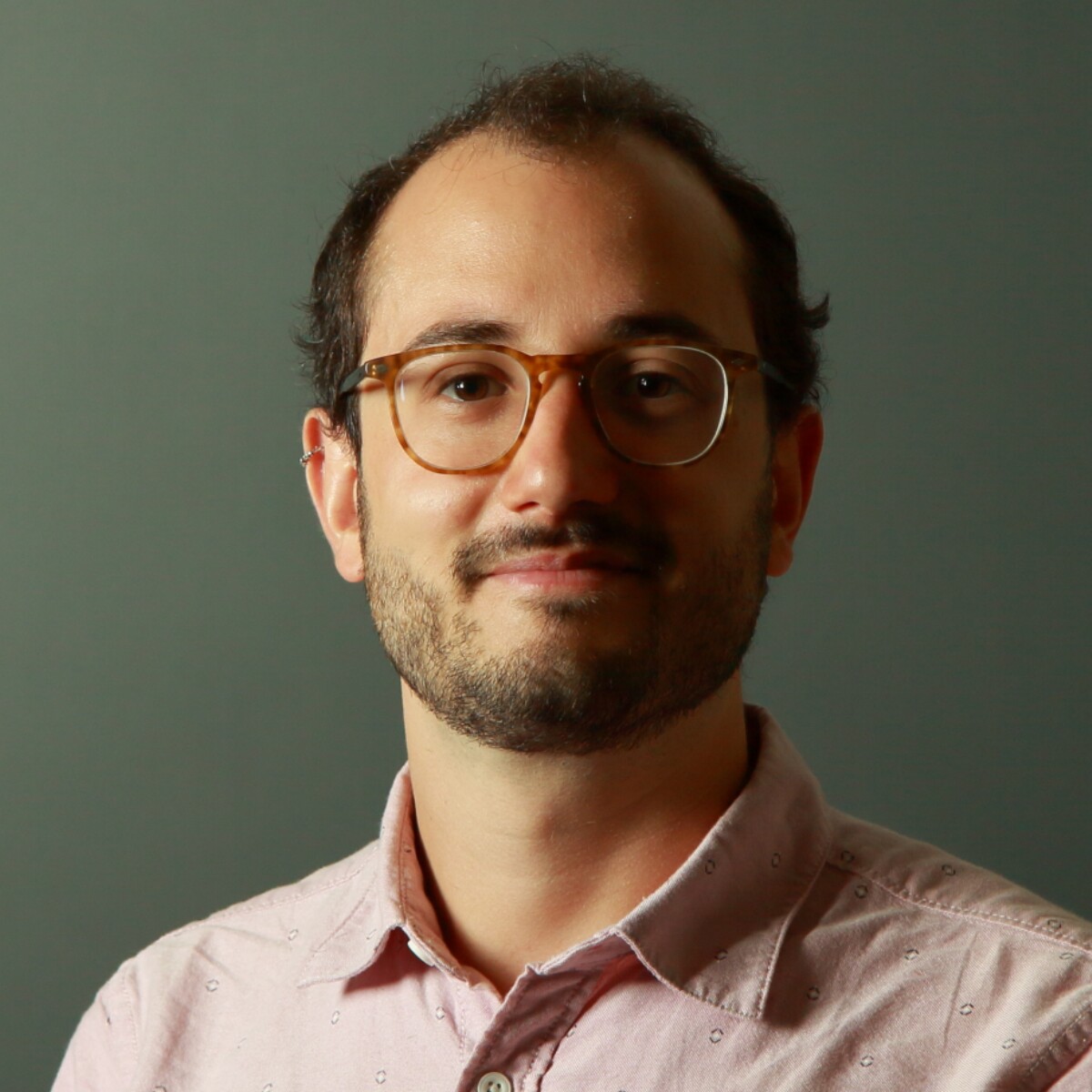 Name: Martino Sorbaro
Name: Martino Sorbaro
Bio: Martino Sorbaro is a postdoc at the institute of Neuroinformatics of the University of Zürich and ETH. He obtained a MSc in physics at the university of Pavia, Italy, and a PhD in neuroinformatics at the university of Edinburgh, Scotland. His current work focuses on learning in spiking neural networks, both for theoretical research and technological applications, at the boundary between artificial intelligence and neuroscience.
Institute: University of Zurich
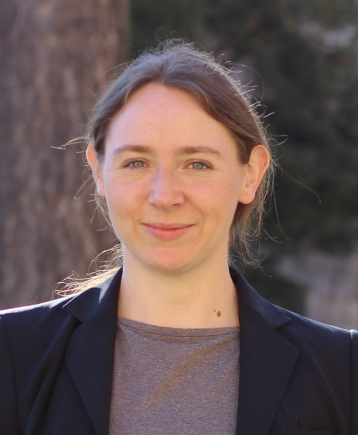 Name: Jutta Schnabel
Name: Jutta Schnabel
Jutta is a physicist working on open science for the KM3NeT collaboration at ECAP. She has been active in setting up open data services for the KM3NeT detectors and works as project scientist for the Open-source Scientific Software and Service Repository (OSSR) workpackage in ESCAPE.
Institute: Erlangen Centre for Astroparticle Physics (ECAP), Friedrich-Alexander University (FAU) Erlangen-Nürnberg
Additional tutors (hands-on)
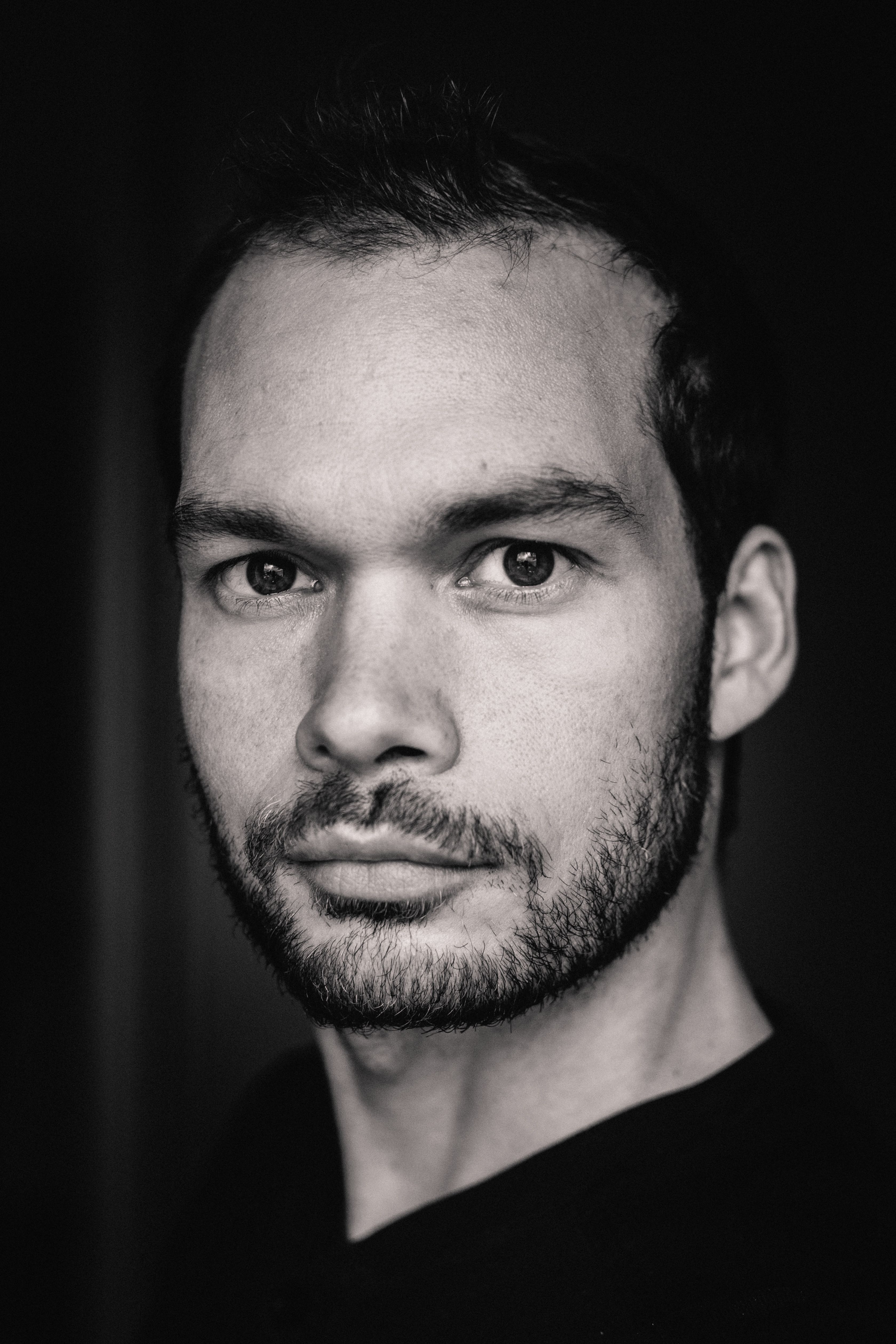 Name: Thomas Vuillaume
Name: Thomas Vuillaume
Bio: Thomas Vuillaume is an astrophysicist and data scientist working at CNRS-LAPP. He obtained his PhD in theoretical astrophysics developing numerical jet models and applying them to observational data before to turn to data analysis. He is an active member of the H.E.S.S. and CTA collaborations, working on the development of data analysis techniques and software for Imaging Atmospheric Cherenkov Telescopes. His expertise includes Python development, data science and machine learning.
Institute: LAPP, CNRS
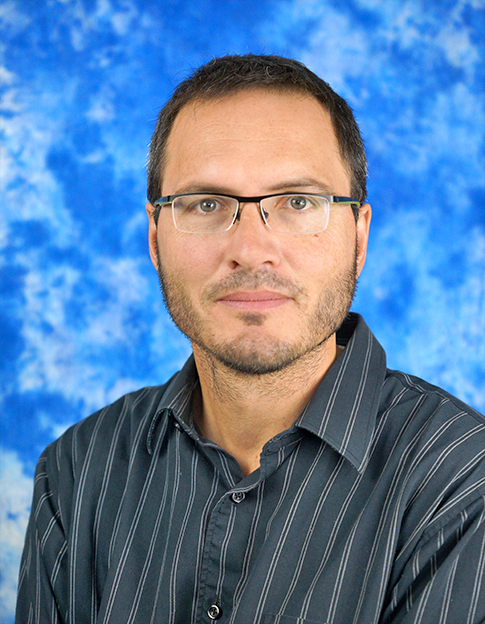 Name: Frédéric Gillardo
Name: Frédéric Gillardo
Bio: Frederic is a software engineer working on storage solution for CTA at the LAPP. Frederic develops software using Python and JAVA. He has developed JAVA storage application for the pharmaceutical industry for more than 10 years. His expertise also include IT security development based on authentication using certificate.
Institute: LAPP, CNRS
